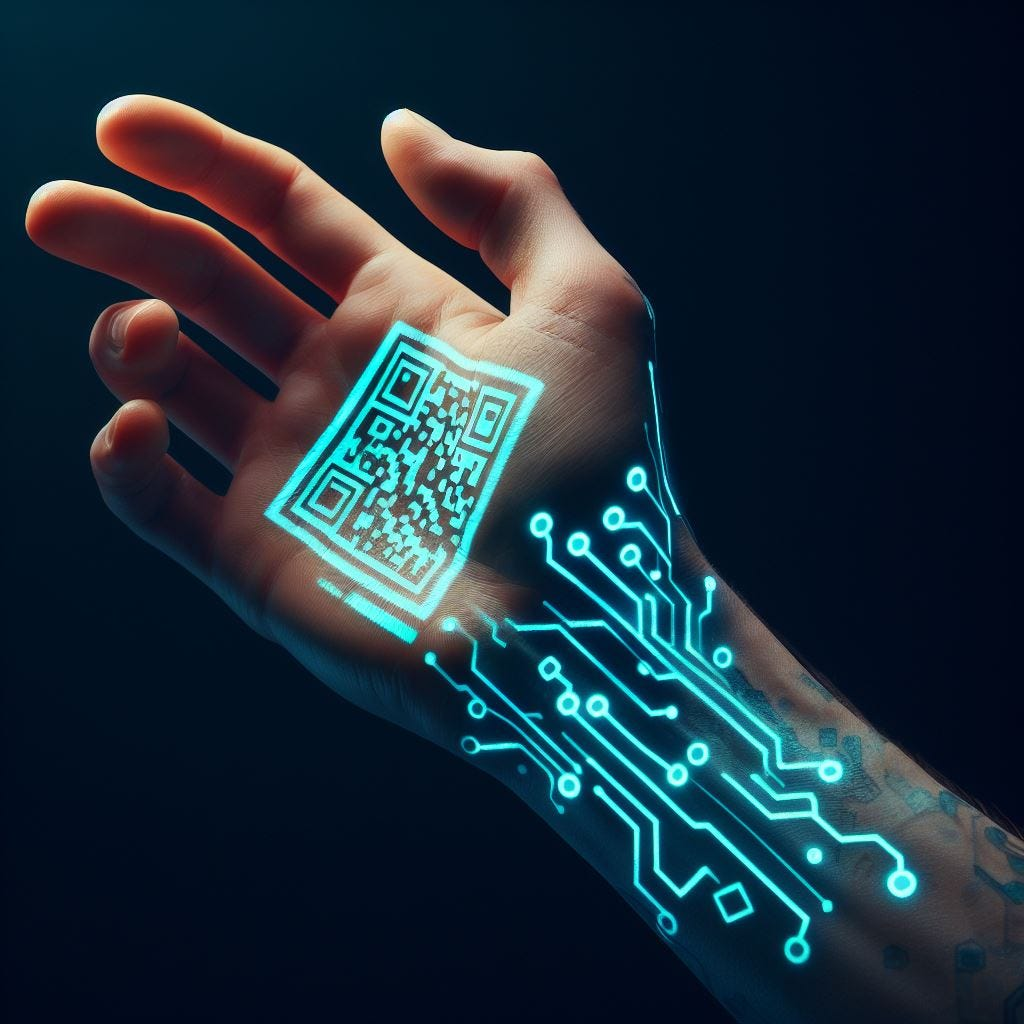My Digital Tattoo
When I turned 18, I was so enthused to get my first tattoo, not knowing that a much more permanent tattoo had already taken shape in my life. My digital tattoo, as referred to by Juan Enriquez, began when I was in 6th grade and created my first Instagram account. At the time, I didn't post much and ran a fairly inactive account. Now, that I am on FaceBook my digital tattoo is present more than ever. This is because FaceBook makes it so easy to overshare. It's easy to see hometown, birthplace, check-ins, pages that you follow, and favorite movies. All of this information that we oftentimes use as security questions become public knowledge. This on top of the embarrassing photos that your parents post of you makes up your digital tattoo. In a way because of this, my digital tattoo started before I even had a say in it.
I believe with platforms such as FaceBook that it is incredibly important to exercise caution in what you share. In fact, my friends and I refer to it as the ultimate stalking app because nothing is ever truly gone in the eyes of FaceBook. Personally, my digital tattoo reflects who I am as a person, which is what I love about it. The only platform in which my legal name is present is with my LinkedIn. On Instagram I only use my first name and unlike other students, my school is not in my bio. Most of my friends take a careful approach in limiting the amount of information that is known about them. On the other side, my family's digital tattoo is one of those ones you look at and think there is no way they actually posted that. But, everyone has a different tattoo style, and I believe the same concept applies here.
It is no secret that social media platforms sell your information or that what you post follows you for life.
I don't like the thought of my information being sold but if I had that much of an issue with it, I would not use social media at all. As far as government involvement, I believe it is needed with defamation and revenge porn cases. Instances such as these are detrimental to an individuals career and mental health. Social media is positive in some ways, but the cancel culture that has emerged from revenge porn and the mass spread of misinformation is unfathomable. Just earlier this year, a Texas women won $1.2 billion after a revenge porn case. Her ex-boyfriend decided to leak images to family, friends, and co-workers, and told her that she would have to "spend the rest of [her] life trying and failing to wipe [herself] off the internet." Not only is this malicious, humiliating, and disgusting, but it became a part of her digital tattoo. No matter what, those images will always be out there in a way although she didn't decide to make this a part of her digital tattoo; and I think that's the concerning part. Instances like these in which humanity fails to be humane is when the government needs to step up. It is unfortunate the amount of lives -both young and old that have been ruined by revenge porn and the simple share of misinformation.
To avoid your digital reputation being tarnished, here are a few things you can do to protect yourself:
(a) Set accounts to private.
(b) Limit what you say -don't make inappropriate posts or one's filled with profanity.
(c) Control your image. Exercise caution in what photos of yourself you choose to post or what you allow others to post of you.
(d) Don't share sexually explicit photos of yourself or allow for them to be taken.
(e) Set-up multi-factor authentication.
(f) Just share the basics.
The scary thing about a digital tattoo is that it will be with you way after you die. Control your digital tattoo, in the same way that you control the tattoos you have on your body.







No comments:
Post a Comment